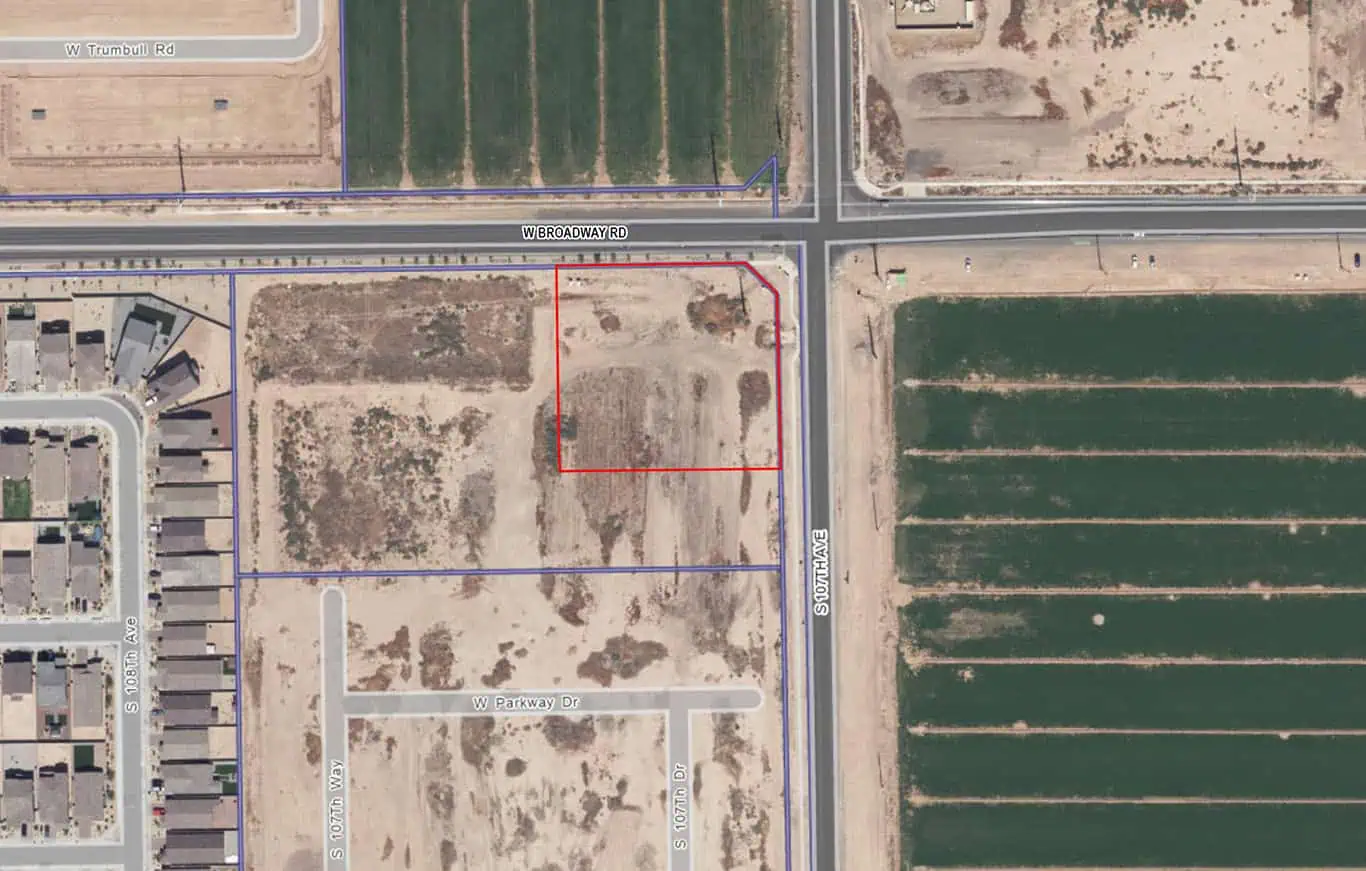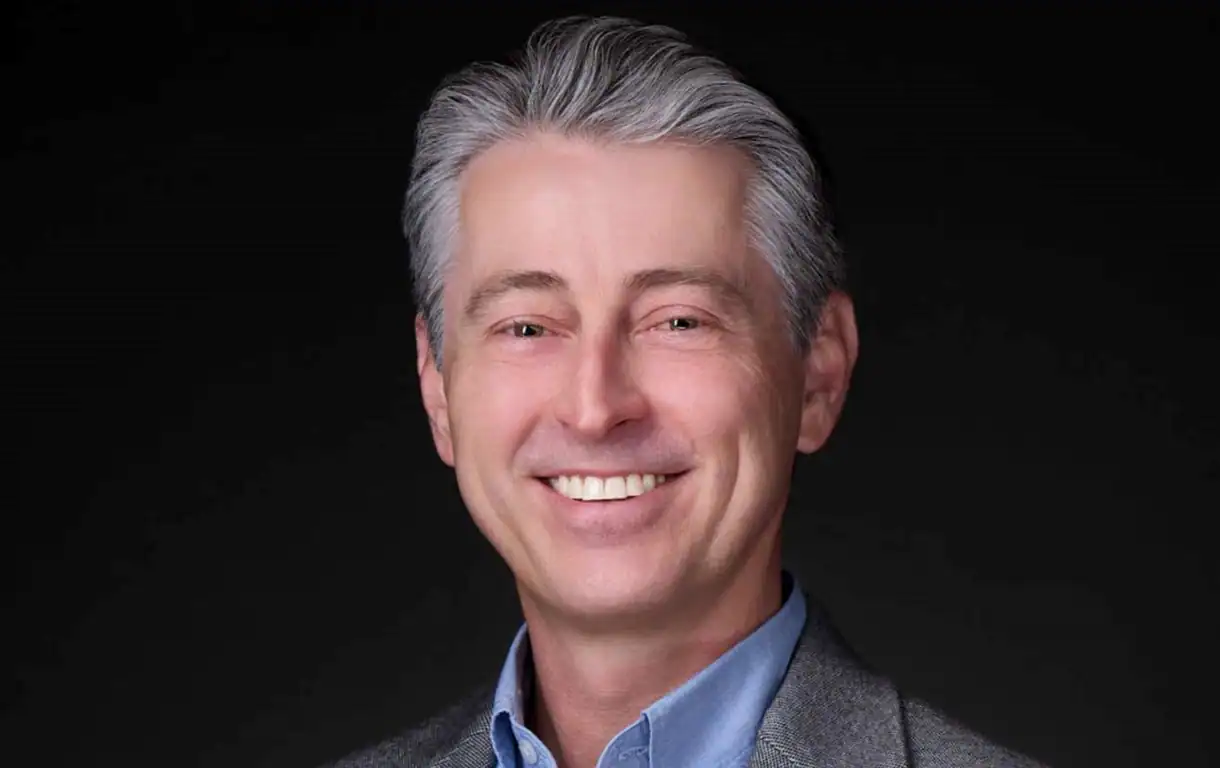
Staff Reports | Community Updates
Abrazo Arrowhead Campus is announcing the birth of baby Benzi, a delivery that highlights the hospital’s maternal-fetal care and neonatal expertise, led by Dr. Ravi Gunatilake of Valley Perinatal Services and Abrazo Health.
The story begins with 35-year-old Bendu Kiazolu, who was told at age 19 that she could not become pregnant. Despite that prognosis, she gave birth to her first son, Bailey, eight years ago, according to a press release.
“After I had my son, I kept wanting to have more kids and more kids because he was such a blessing to us,” Ms. Kiazolu said.
Her journey since then has included multiple losses. Over several years, Ms. Kiazolu and her husband experienced three miscarriages and two stillbirths. In 2023, she lost a baby at 24 weeks gestation.
“When the nurse told me they couldn’t detect a heartbeat, I just cried and cried,” Ms. Kiazolu said. “I couldn’t believe this was happening over and over again.”
Later that year, she became pregnant again and began seeing Dr. Gunatilake, who specializes in maternal-fetal medicine and treats complex cases. Despite close monitoring, the baby was born prematurely at 31 weeks and did not survive. Dr. Gunatilake suspected the cause was gestational alloimmune liver disease (GALD), a rare condition in which the mother’s immune system attacks the baby through the placenta.
When Ms. Kiazolu became pregnant for the sixth time, Dr. Gunatilake developed what he described as a “creative and highly individualized approach” to her care.
“If you were to characterize Bendu’s clinical situation when she started this pregnancy with us, it was probably already a one-in-a-million pregnancy — if not one in five million,” Dr. Gunatilake said. “It was a very challenging and unique situation because currently we don’t have a single drug or medication that really blocks mom’s immune system.”
After consulting with international experts, Dr. Gunatilake and the Abrazo Arrowhead neonatal intensive care unit team implemented a treatment plan involving intravenous immunoglobulin (IVIG) infusions, steroids and hydroxychloroquine.
“When Dr. G told me he could start IVIG on me, it was on a Friday, and he suggested I begin the following Monday,” Ms. Kiazolu said. “I told him I want to start now, today. I drove straight over to the NICU that day for my first 18-hour infusion.”
Dr. Gunatilake credited Ms. Kiazolu’s determination.
“These medications and therapies do have significant side effects, and she experienced them and fought through them knowing they were helping her baby,” he said.
During one of those infusions in March, at 32 weeks gestation, Ms. Kiazolu’s water broke.
“My son came out right there in the NICU,” she said. “He was ready. He came out only 3 pounds, but he was breathing on his own. He was just a blessing — he came out little, but he came out perfect.”
Dr. Gunatilake reflected on the emotional journey.
“Seeing Bendu and her husband absolutely devastated and crying in the NICU during that last pregnancy, and then finally being able to see them with their child this time — that was the most memorable thing for me,” he said.
“This extraordinary story reflects both the resilience of patients like Bendu and her family and the expertise of Dr. Gunatilake and our NICU hospital teams,” said Stephen Garner, CEO of Abrazo Arrowhead Campus. “We are committed to providing advanced, compassionate care for high-risk pregnancies and fragile newborns like Bendu and Benzi.”




























